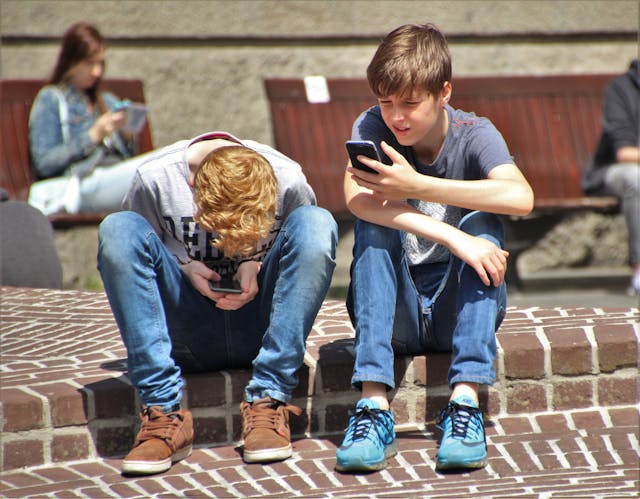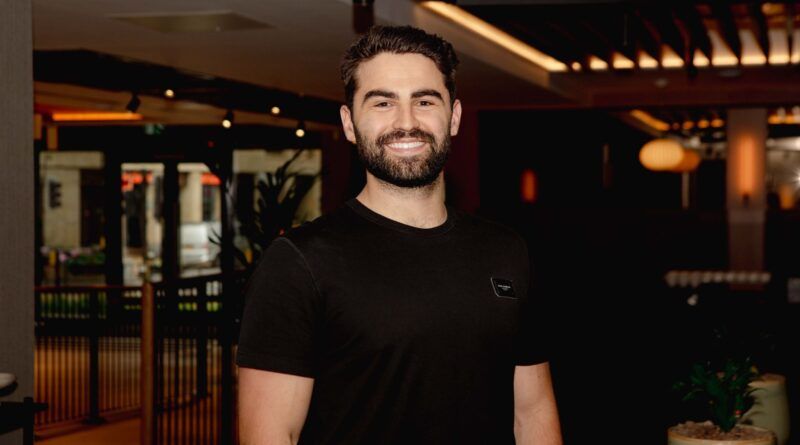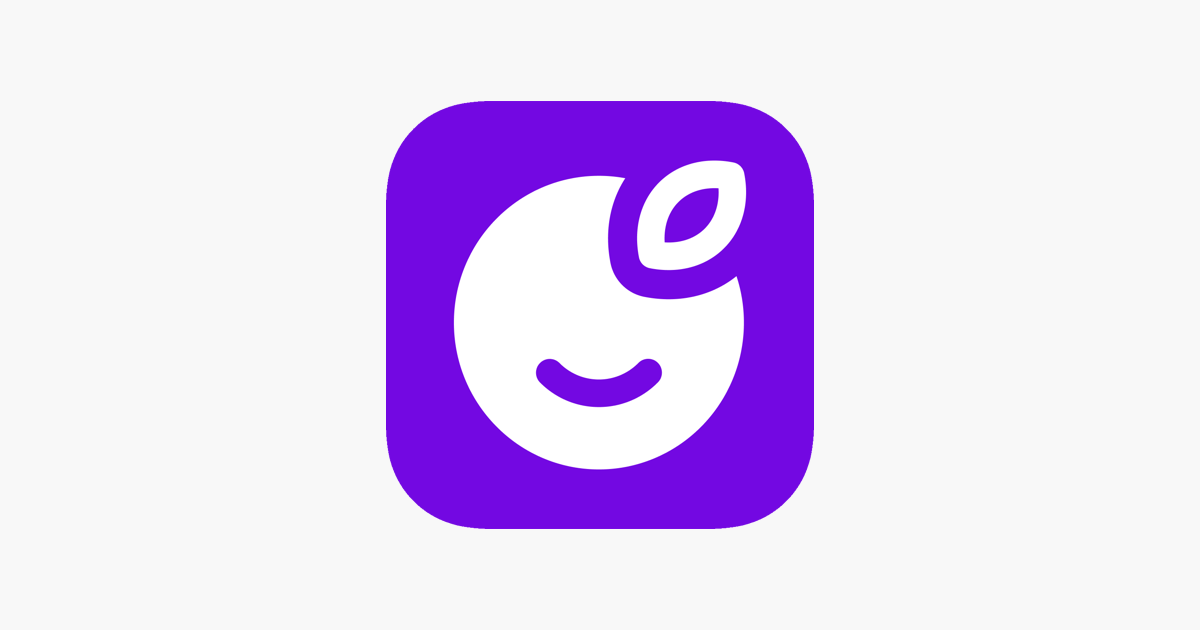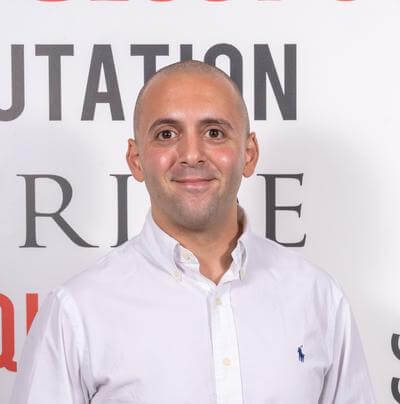Yesterday, the New York Times published an op-ed in which US Surgeon General Dr. Vivek Murthy appealed to Congress to add a warning label to social media platforms. Just like alcohol and tobacco, Dr. Murthy believes that social media platforms can cause adverse health effects.
The Impact of Warning Labels
Warning labels on alcohol and tobacco products can only be issued if approved by Congress. They have, however, been proven to work. When warning labels were first introduced on cigarette packages in 1965, nearly half of US adults were cigarette smokers (42%) - a figure which had significantly fallen by 2021 with only 11.5% of US adults identifying as cigarette smokers.
Why is Social Media so Dangerous?
Because of how new it is, the long-term impacts of social media on mental health are still largely unknown. Dr. Murthy believes that we are currently in a mental health crisis - predominantly impacting children and teenagers - influenced significantly by social media and its impacts. This is not a new phenomenon and something widely researched by experts and psychologists.
The Link Between Social Media and Mental Health
There is a wealth of evidence to suggest that there may indeed be a correlation between extended time spent on social media (more than three hours per day) and increased mental health risks. A 2023 study specifically linked social media features, such as likes, comments and followers, with a significant impact on mental health.
However, like all debates this one is nuanced. Many experts believe that social media cannot be held solely responsible for poorer mental health in teens. In a world of growing economic instability, social unrest, and school shootings, many US experts believe that teens have plenty to feel anxious about without social media entering the equation.
Will Warning Labels be Introduced on Social Media?
TBC. It seems that Dr. Murthy's strong opinion on the dangers of social media have caused a stir and have maybe made more parents' think about how their children and teenagers consume social media and internet content. With over 50% of teens in the US spending at least four hours a day on social media, this could be a call to action to take more precautions in what and how much is being consumed.







